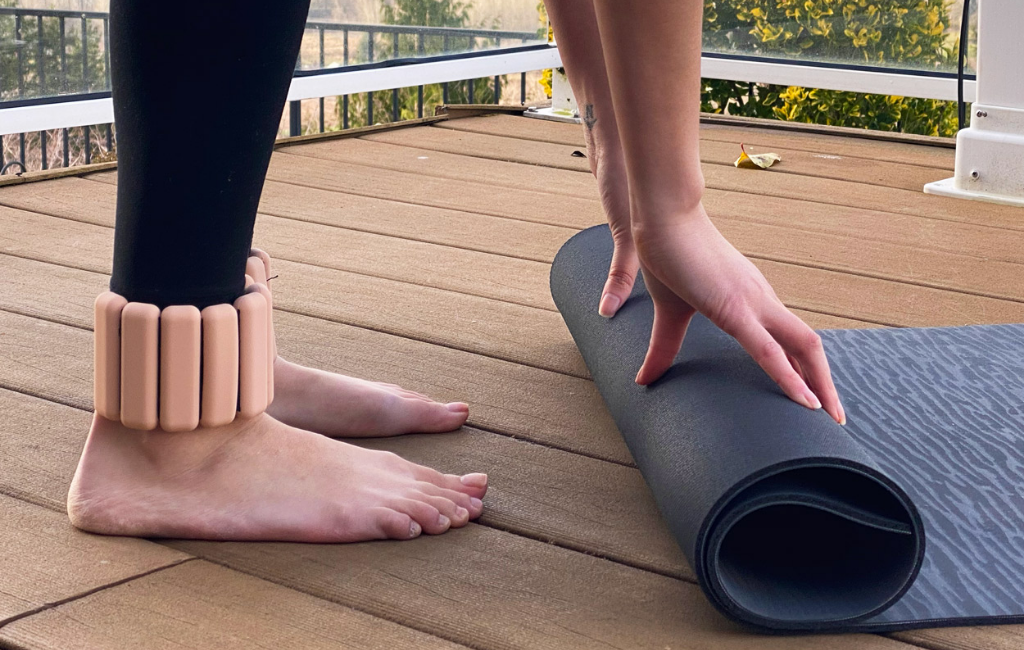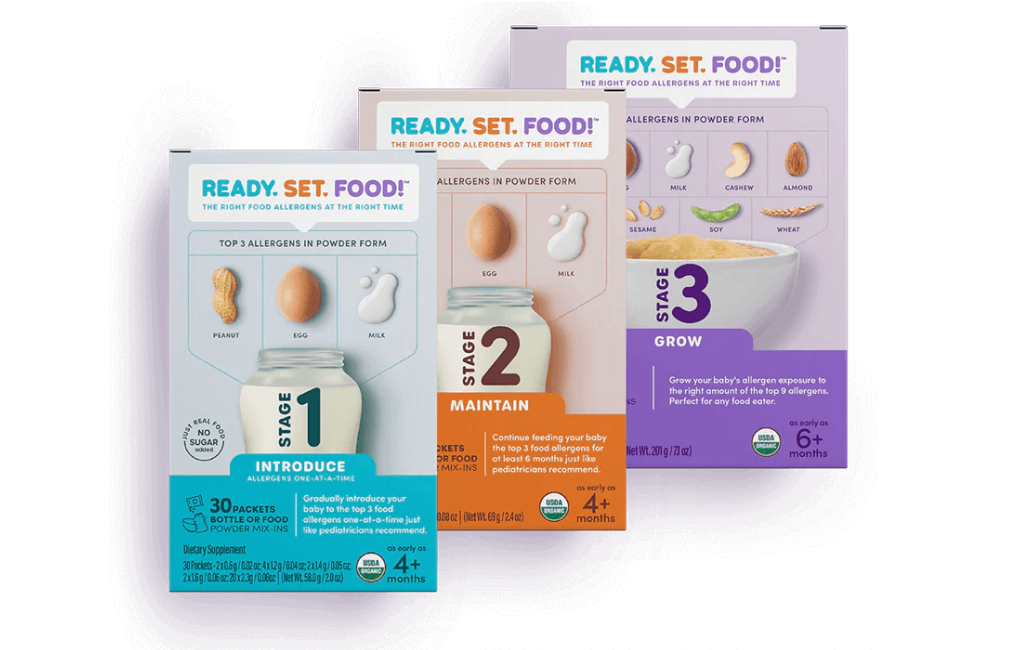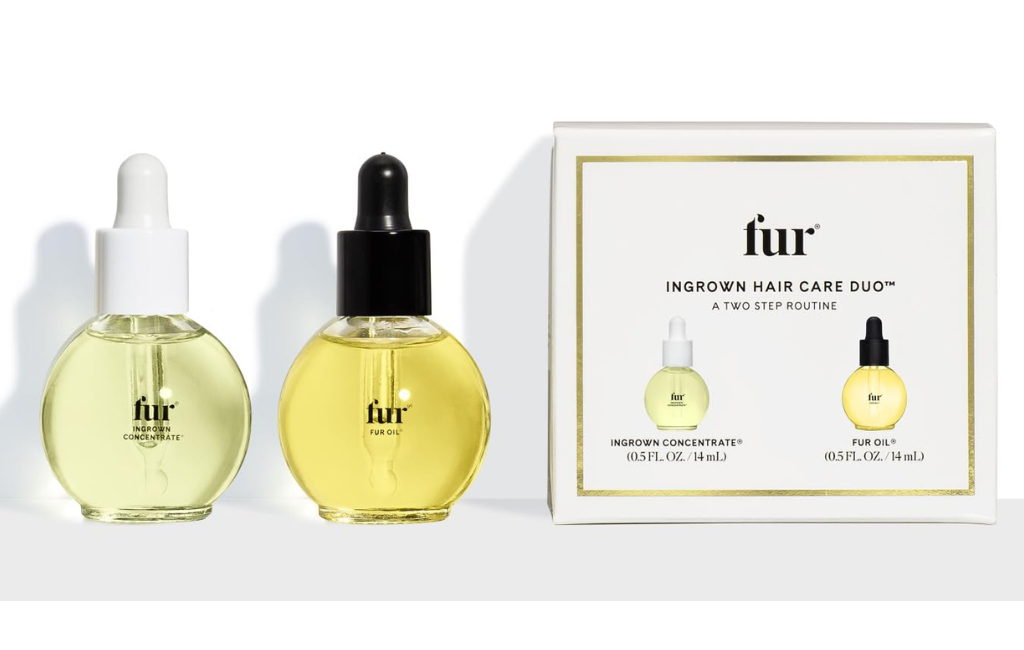Bala Bangles – Fitness Equipment
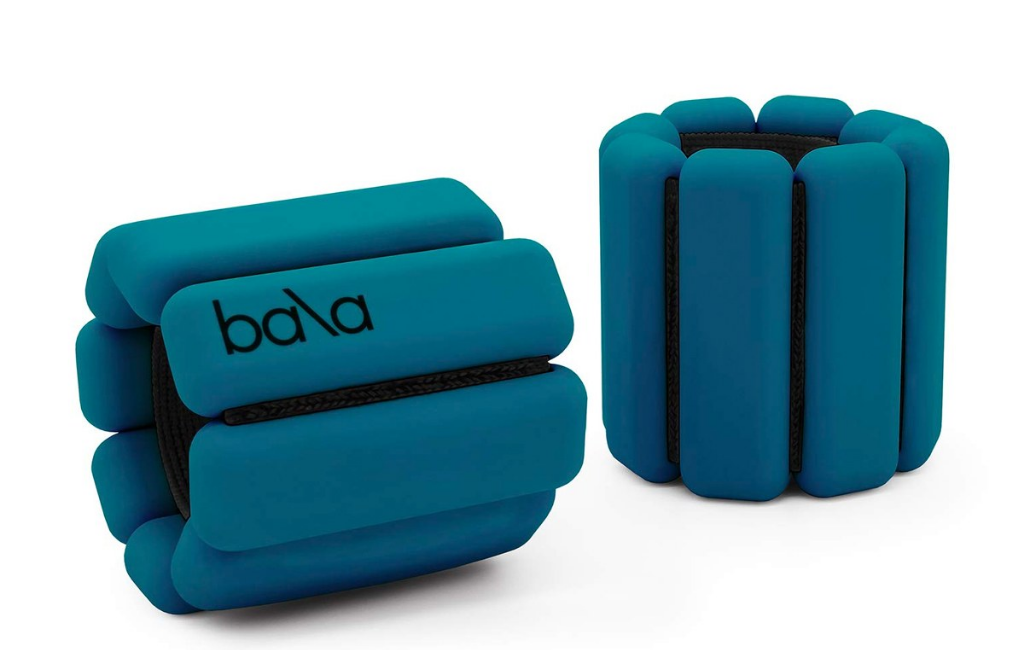

DEAL
EPISODE SUMMARY
🕓 Air Date: February 28, 2020
Asking For:
$400,000 for 10%
Investor:
Mark Cuban, Maria Sharapova (50/50)
Deal:
$900,000 for 30%
PRODUCT SUMMARY
Bala Bangles are stylish wearable weights designed to enhance workouts by increasing heart rate, burning fat, and building muscle, offering a hands-free solution for various activities.
WATCH HERE
IN A RUSH?
Click these to jump to the section you want to read.
Background Story
Natalie Holloway and Max Kislevitz, co-founders of Bala Bangles, presented their innovative product on Shark Tank. Based in Los Angeles, California, the duo capitalized on the fitness trend of the ’80s and the resurgence of interest in stylish workout accessories. Natalie, a certified yoga instructor, identified a need for hands-free weights that could seamlessly integrate into various workouts, providing an extra challenge without interrupting the flow of movements.
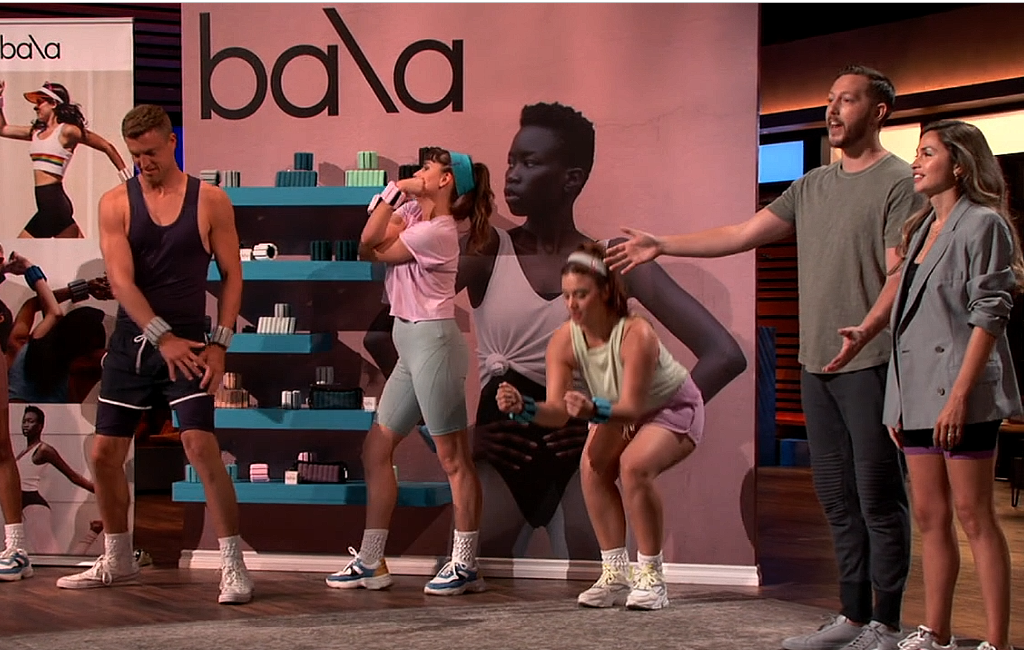
The idea for Bala Bangles was born out of the couple’s desire to modernize traditional wrist and ankle weights. Recognizing the enduring popularity of fitness trends and the challenges posed by loose, sand-filled weights, they aimed to create a product that not only served a functional purpose but also appealed to contemporary aesthetics. The founders leveraged Natalie’s background in yoga instruction to design weights that could be comfortably worn during a variety of exercises.
The Product
Bala Bangles are wearable weights that add resistance to workouts without the need to hold traditional dumbbells. Designed for both wrists and ankles, they come in 1-pound increments, allowing users to customize the level of difficulty in their workouts.
The product is crafted with a stylish and comfortable design, featuring Velcro straps for easy adjustment. This hands-free approach makes them ideal for yoga and other exercises where traditional weights might be cumbersome.
The founders also highlighted the product’s appeal by mentioning its availability in various retail outlets, including Bloomingdale’s and Nordstrom, and online through Amazon and their official website.
Pricing details were disclosed, with the landed cost at $12, wholesale at $25, and retail at $49. The company faced challenges related to inventory management, a common issue for growing businesses, and sought investment to address this and expand their proactive sales efforts.
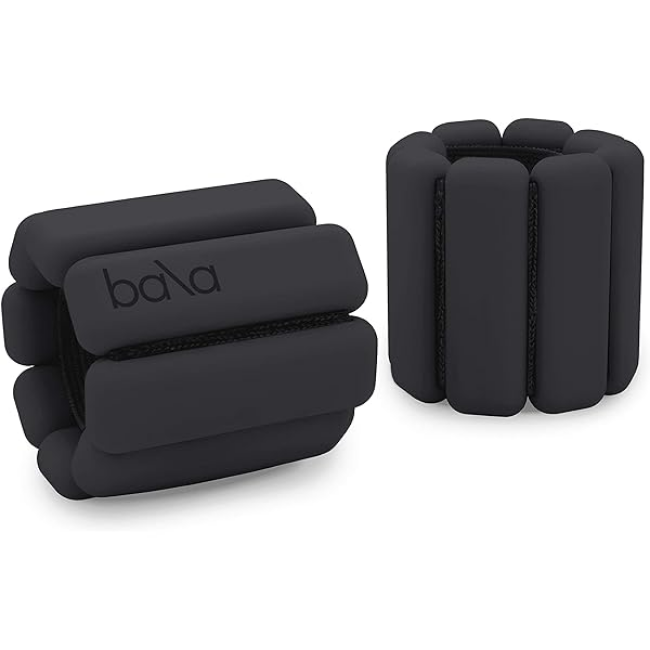
How It Went
The company’s position before Shark Tank
Bala Bangles had a strong performance leading up to their appearance on Shark Tank. In their first six months of business, they achieved $260,000 in sales, and by the time of the pitch, their annual sales had reached $1.2 million, with a projected year-end figure of $2.2 million. The company had secured partnerships with major retailers like Bloomingdale’s and Nordstrom, indicating a strong retail presence. Their distribution model included 60% retail, 30% through Amazon, and 10% direct-to-consumer sales on their website.
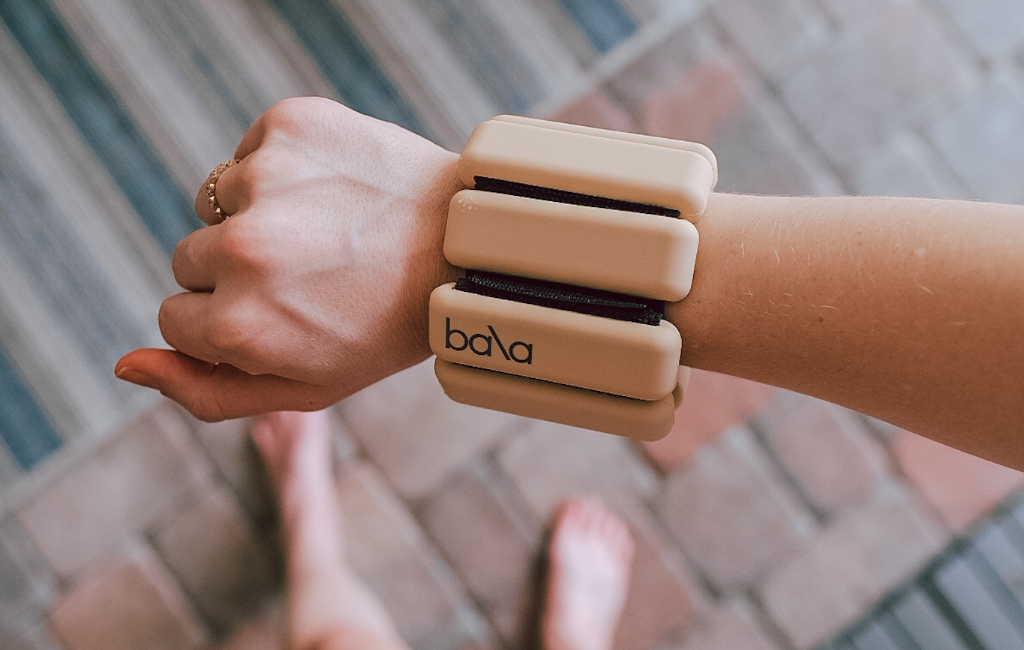
Despite the impressive revenue figures, the founders highlighted a challenge in managing inventory effectively, hampering their ability to meet demand consistently. The company’s gross margin was disclosed as approximately 58.3%, with a net margin of around 49%. The founders expressed the need for external funding to overcome inventory challenges and hire a salesperson to actively pursue new opportunities, as they were currently focused on fulfilling existing orders.
The Negotiations:
The negotiations on Shark Tank began with Kevin O’Leary making an offer of $400,000 as debt with 7.5% interest for 5% equity. However, Maria Sharapova expressed interest in the product and proposed a joint offer with another Shark. She offered $200,000 with the condition that another Shark also invest $200,000, but she wanted 30% equity.
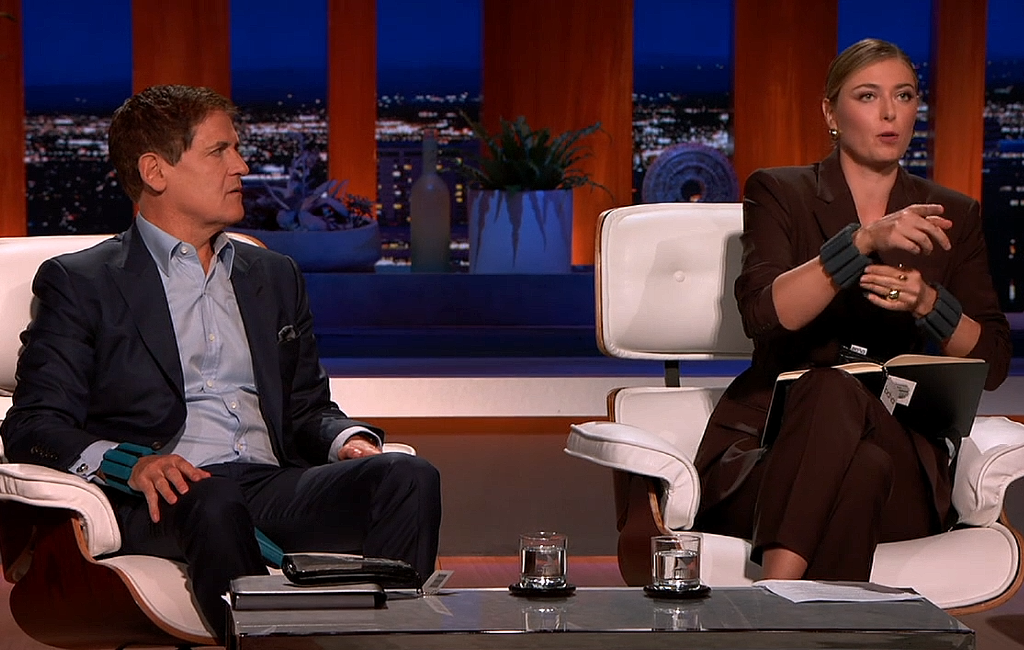
This sparked a competitive situation as both Mark Cuban and Kevin O’Leary expressed interest in partnering with Maria Sharapova. Mark even made a joint offer of $500,000 for 18% equity. The founders, however, expressed their reluctance to dilute their ownership below a $3 million valuation and were open to a 30% equity deal if two Sharks were involved.
In a surprising turn, Mark and Maria collaborated to offer the full amount requested by the founders, $900,000 for 30% equity, meeting the conditions set by Natalie and Max. The founders accepted the joint offer from Maria Sharapova and Mark Cuban, securing a deal that aligned with their valuation and provided the necessary capital for inventory management and sales expansion.
